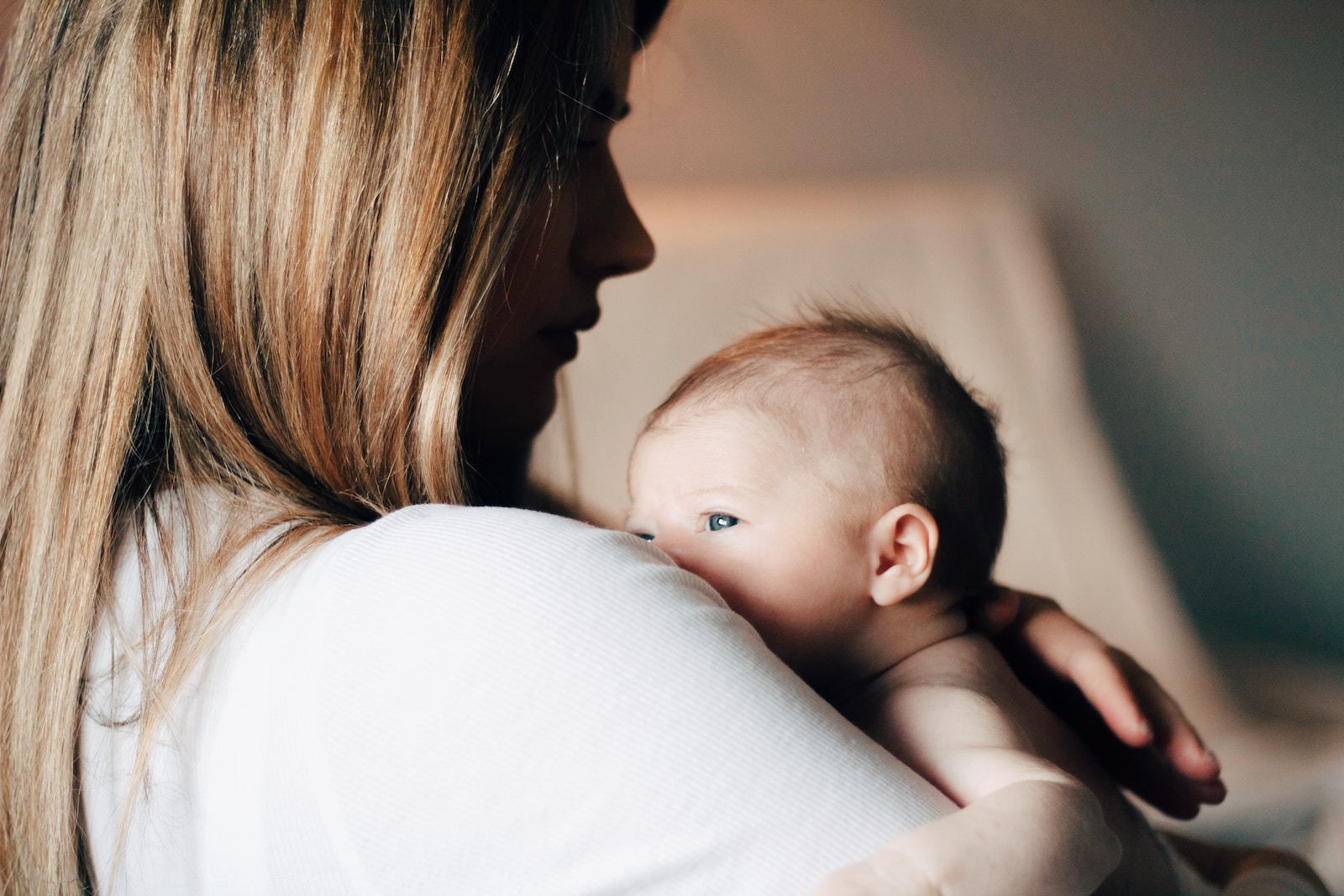Risk of premature birth from smoking doubled previous estimates
Researchers have found that women who smoke during pregnancy are 2.6 times more likely to give birth prematurely compared to non-smokers – more than double the previous estimate.
The study, published in the International Journal of Epidemiology, also found that smoking meant the baby was four times more likely to be small for its gestational age, putting it at risk of potentially serious complications including breathing difficulties and infections.
But the team found no evidence that caffeine intake was linked to adverse outcomes.
Women are currently recommended to stop smoking and limit their caffeine intake during pregnancy because of the risk of complications to the baby. Smoking during pregnancy is associated with an increased risk of foetal growth restriction, premature birth and low birthweight, though it has also been linked to a reduced risk of preeclampsia (high blood pressure during pregnancy).
High caffeine intake has also been shown to be associated with lower birthweights and possibly foetal growth restriction. Caffeine is more difficult to avoid than cigarette smoke as it is found in coffee, tea, chocolate, energy drinks, soft drinks, and certain medications.
Researchers at the University of Cambridge and the Rosie Hospital, part of Cambridge University Hospitals NHS Foundation Trust, recruited more than 4,200 women who attended the hospital between 2008 and 2012 as part of the Pregnancy Outcome Prediction (POP) study. The team analysed blood samples taken from a subset of these women four times during their pregnancies.
To assess exposure to cigarette smoke, the team looked at levels of the metabolite cotinine, which can be detected in blood, urine, and saliva. Only two out of three women with detectable levels of cotinine in every blood sample were self-reported smokers, showing that this measure is a more objective way of assessing smoking behaviour.
A total of 914 women were included in the smoking analysis. Of these, 78.6% were classified as having no exposure to smoking while pregnant, 11.7% as having some exposure and 9.7% as having consistent exposure.
Compared to women who were not exposed to smoking while pregnant, those with consistent exposure were 2.6 times more likely to experience spontaneous preterm birth – more than double the previous estimate of 1.27 from a meta-analysis of studies – and 4.1 times as likely to experience foetal growth restriction.
Babies born to smokers were found to be on average 387g lighter than babies born to non-smokers – that is, more than 10% smaller than the weight of an average newborn. This increases the risk that the baby will have a low birth weight (2.5kg or less), which in turn is linked to an increased risk of developmental problems as well as poorer health in later life.
Unlike in previous studies, however, the team found no evidence that smoking reduced the risk of preeclampsia.
Professor Gordon Smith, head of the Department of Obstetrics and Gynaecology at the University of Cambridge, said: ‘We’ve known for a long time that smoking during pregnancy is not good for the baby, but our study shows that it’s potentially much worse than previously thought. It puts the baby at risk of potentially serious complications from growing too slowly in the womb or from being born too soon.
‘We hope this knowledge will help encourage pregnant mums and women planning pregnancy to access smoking-cessation services. Pregnancy is a key time when women quit and if they can remain tobacco free after the birth there are lifelong benefits for them and their child.’
To assess caffeine intake, the researchers looked for the metabolite paraxanthine, which accounts for 80% of caffeine metabolism and is both less sensitive to recent intake and more stable throughout the day.
915 women were included in the caffeine analysis. Of these women, 12.8% had low levels of paraxanthine throughout pregnancy (suggesting low caffeine intake), 74.0% had moderate levels and 13.2% had high levels. There was little evidence of an association between caffeine intake and any of the adverse outcomes.
Image: Hollie Santos
Risk of premature birth higher among mothers with poor mental health – study
















